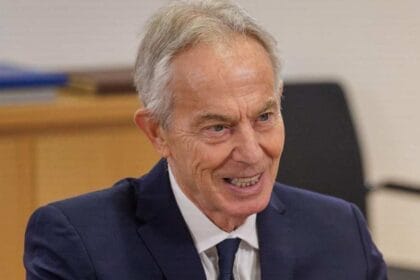The Pakistan MeToo Backlash grows stronger as singer Meesha Shafi revisits her 2018 harassment case against Ali Zafar. Her story reveals how survivors in Pakistan continue to face silence and retaliation instead of justice.
Meesha Shafi became the face of Pakistan’s MeToo movement after she accused singer Ali Zafar of harassment in 2018. The backlash was swift and severe. Online attacks questioned her motives and mocked her character. She was silenced by a court gag order while facing defamation claims worth billions.
In a recent interview Meesha said she felt broken and isolated during those years. She described the pain of being called shameless and dishonest. Her family moved to Canada and she turned to music for healing. Her new album Khilnay Ko reflects her journey from fear to resilience.
The songs explore her trauma and transformation. Through lyrics and melodies she reclaimed her voice that had once been muted by legal battles and public judgment. Meesha said she made the album for herself and not for validation. Rights activists believe her case highlights how defamation laws in Pakistan are used to silence survivors.















